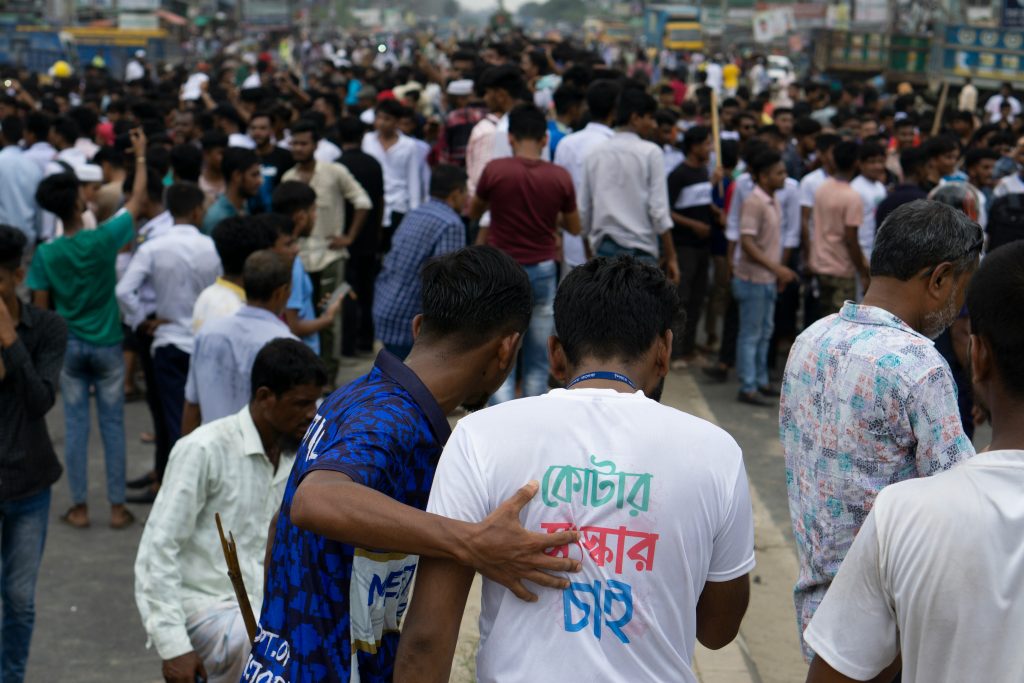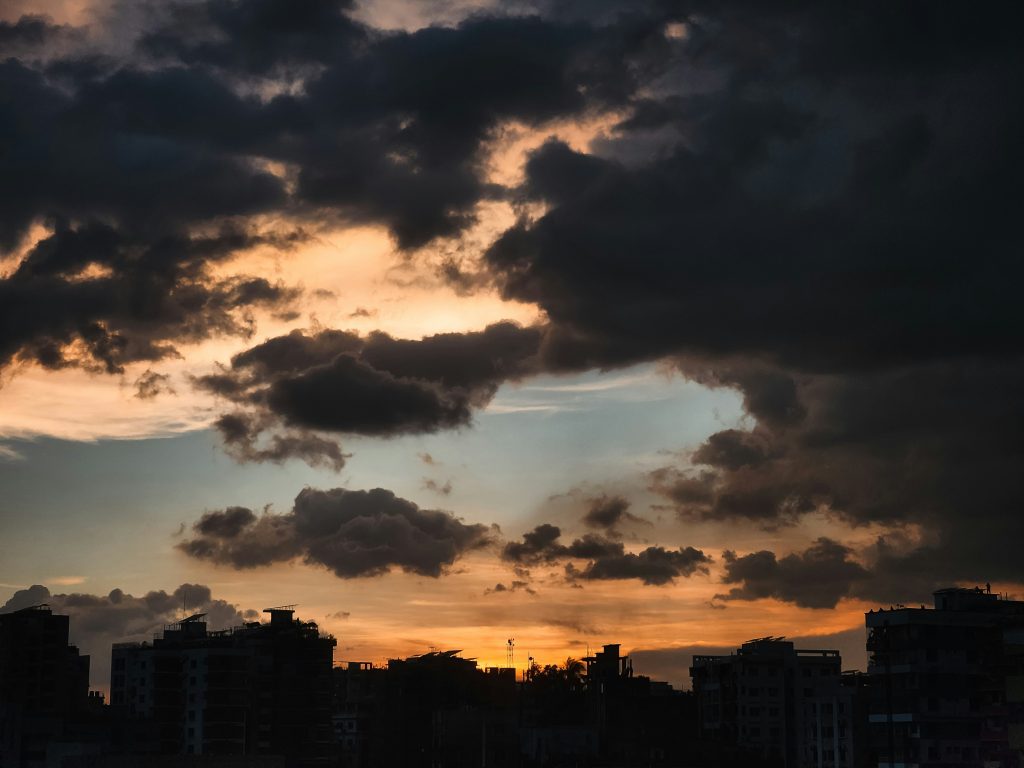Bangladesh Faces Political Turmoil as Long-Serving Leader Resigns Amid Protests
In a historic turn of events, Bangladesh has witnessed one of the most significant political upheavals in recent decades. On June 6, the political landscape was irrevocably altered when Sheikh Hasina, the world’s longest-serving female leader, resigned as Prime Minister and fled the country, following weeks of intense protests that escalated into violence.
The protests, initially sparked by dissent against a controversial quota system for government jobs, quickly morphed into a broader movement demanding political reform and accountability. This surge of activism, largely driven by the youth, particularly students, has been termed by many as a ‘Gen Z revolution’. The demonstrators expressed their frustration with the status quo, challenging a political dynasty that has been in power for over a decade.
Sheikh Hasina’s departure marks the end of an era for a political dynasty that has shaped the nation’s governance for years. Her leadership was characterized by significant economic growth and development in Bangladesh, but it was also marred by accusations of authoritarianism and suppression of dissent. As the protests gained momentum, the government’s response was increasingly viewed as heavy-handed, leading to allegations of human rights violations.
The resignation came just a day after Bangladesh’s high court reinstated certain political rights that had been curtailed under Hasina’s administration. This legal decision seemed to embolden the protesters, who had been calling for a more equitable system and greater political freedoms.
The implications of Hasina’s resignation are profound, not just for Bangladesh but for the region at large. Analysts are speculating about the future of governance in the country and whether the political vacuum will lead to a new era of democratic engagement or further instability. The young protestors, who played a pivotal role in this uprising, are now faced with the challenge of translating their momentum into a sustainable political force.
As Bangladesh navigates this uncertain political landscape, the eyes of the world are watching closely. Will the new leadership prioritize the demands of the youthful populace, or will the power dynamics shift in favor of old guard politics? The future remains uncertain, but the recent developments signal a seismic shift in how politics will be conducted in Bangladesh moving forward.
Tags: Bangladesh, Political Change, protests, Sheikh Hasina, Youth Activism
Unprecedented Unrest in Bangladesh Leads to Prime Minister’s Resignation
In a dramatic turn of events, Bangladesh has been engulfed in violence and protests that have claimed hundreds of lives over the past two weeks. The national turmoil reached its peak when Prime Minister Sheikh Hasina, who has been at the helm for over two decades, was forced to resign amid intense public outcry and unrest. As demonstrators stormed her official residence, the military intervened in an attempt to restore order. Following the chaos, Hasina was evacuated from the country aboard a military helicopter, landing in India as the situation deteriorated further. The unprecedented scale of violence has raised alarms internationally, with the Foreign Secretary of the UK describing the last weeks in Bangladesh as marked by tragic losses. The resignation of Hasina has left the nation in a state of uncertainty, prompting questions about the future of governance and stability in Bangladesh. As the military steps in to maintain order, citizens are left to grapple with the implications of this major political shift. The international community watches closely, concerned about the ongoing humanitarian crisis and the potential for further escalations. Amidst this turmoil, calls for accountability and a return to democratic processes resonate louder than ever. The people of Bangladesh are now at a crossroads, facing the urgent need for change and a hope for a peaceful resolution to the ongoing unrest. This situation underscores the fragility of political stability in the region and the profound impact of civil protests on governance. The world awaits to see how Bangladesh navigates this turbulent chapter in its history and what the future holds for its citizens as they seek to reclaim their voice and rights.
Tags: Bangladesh, government, protests, Sheikh Hasina, violence


